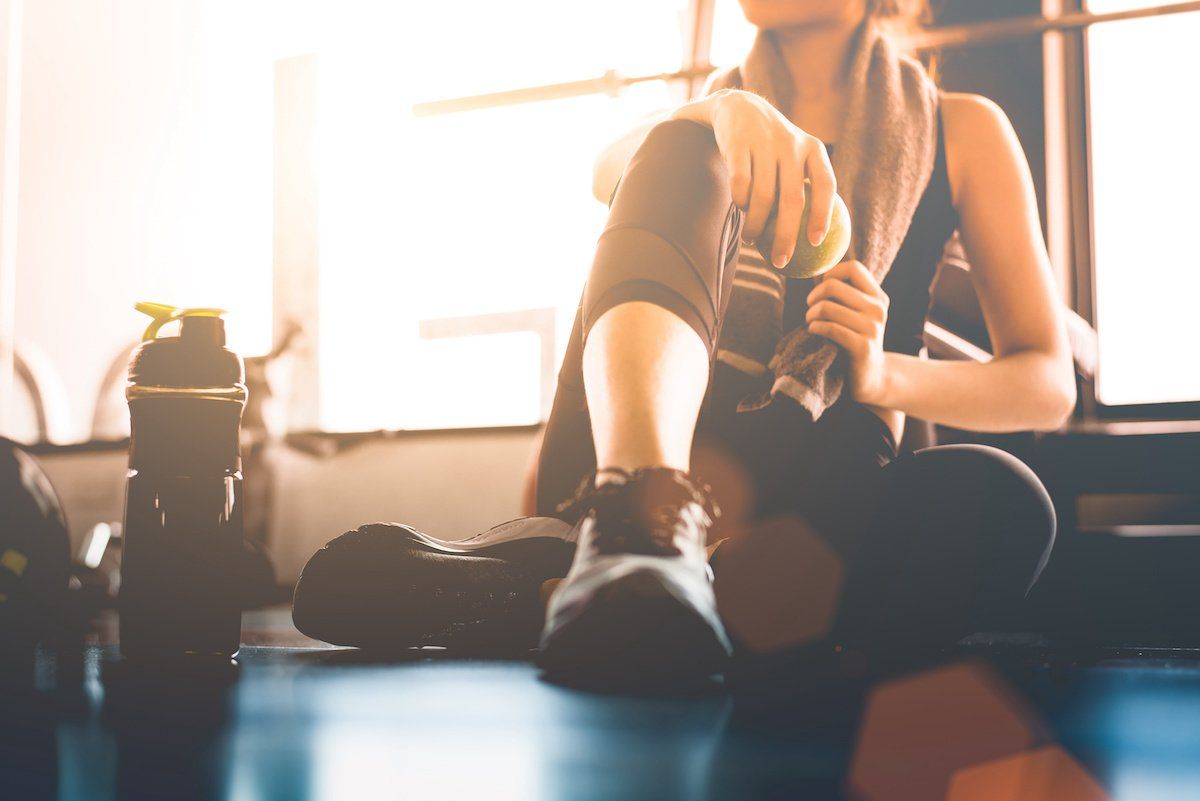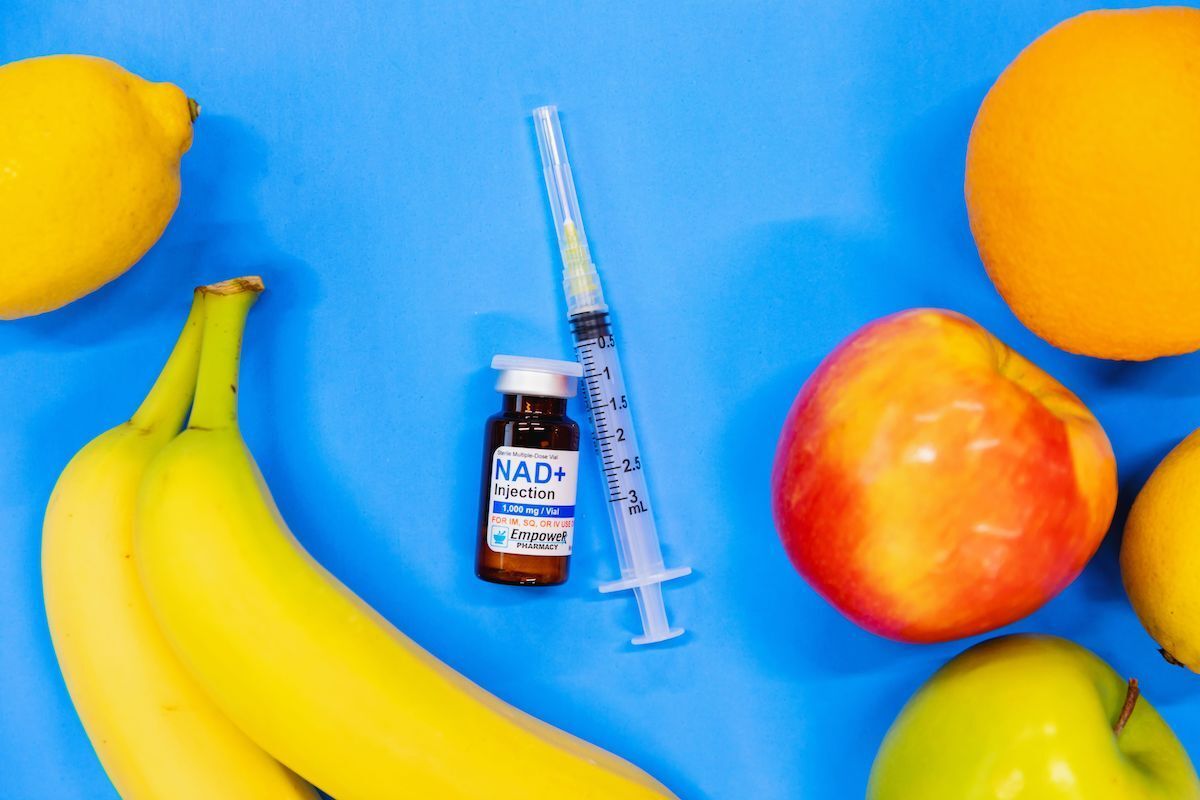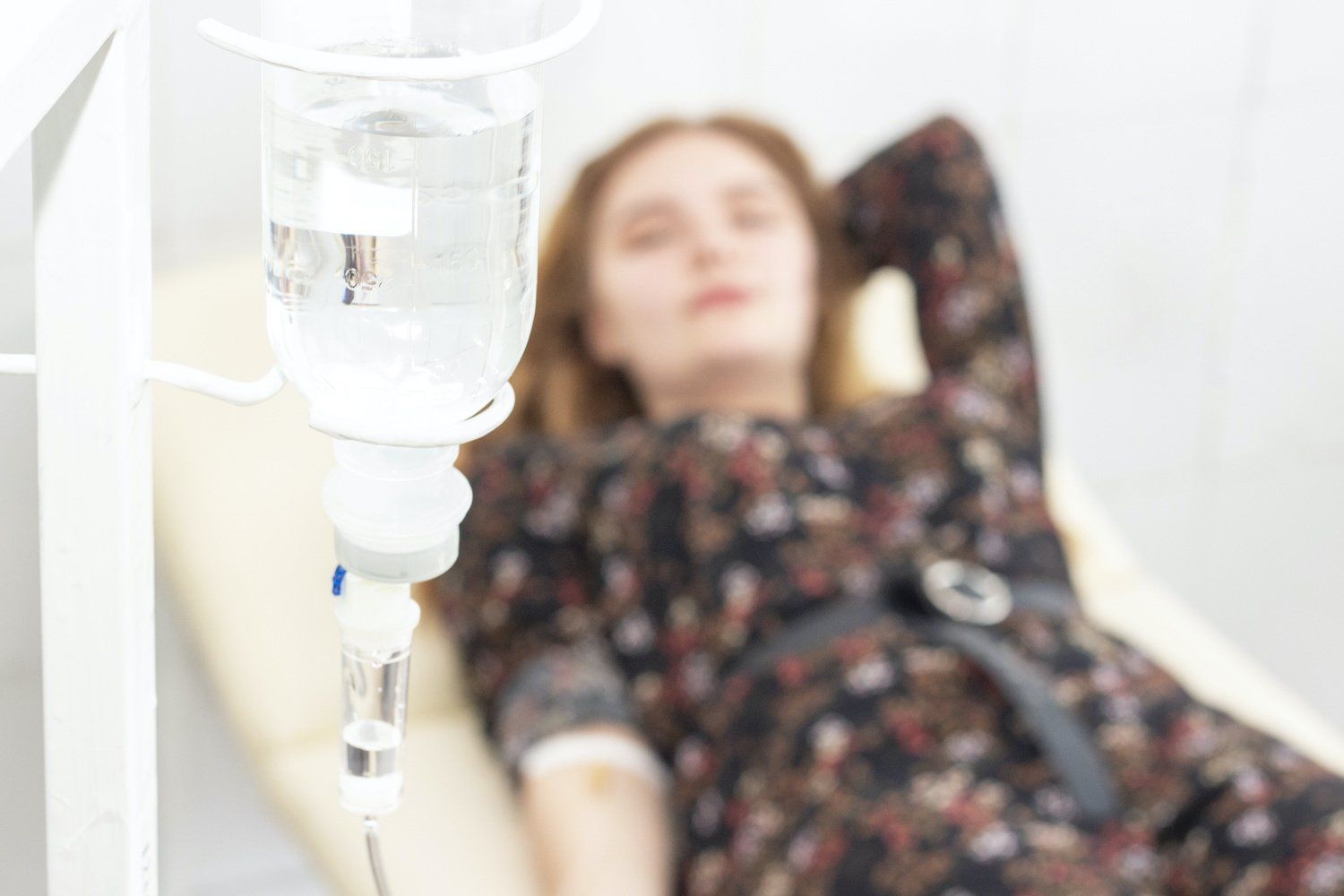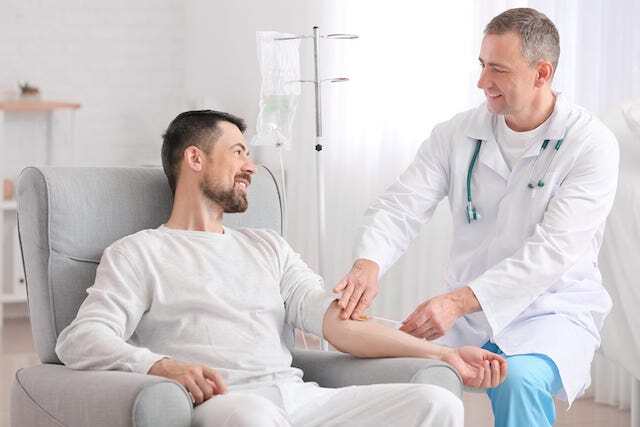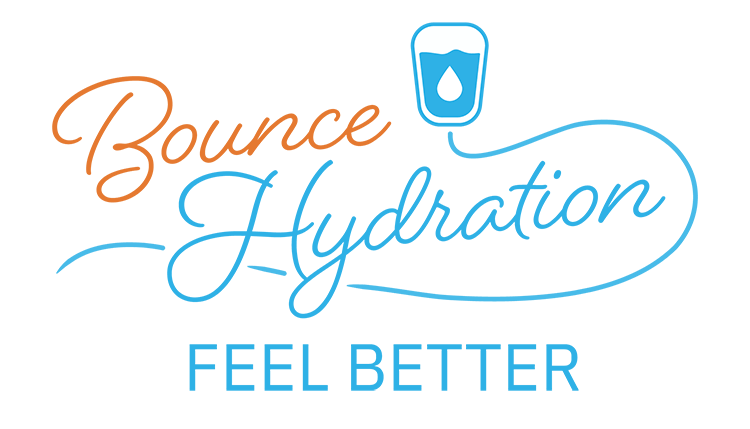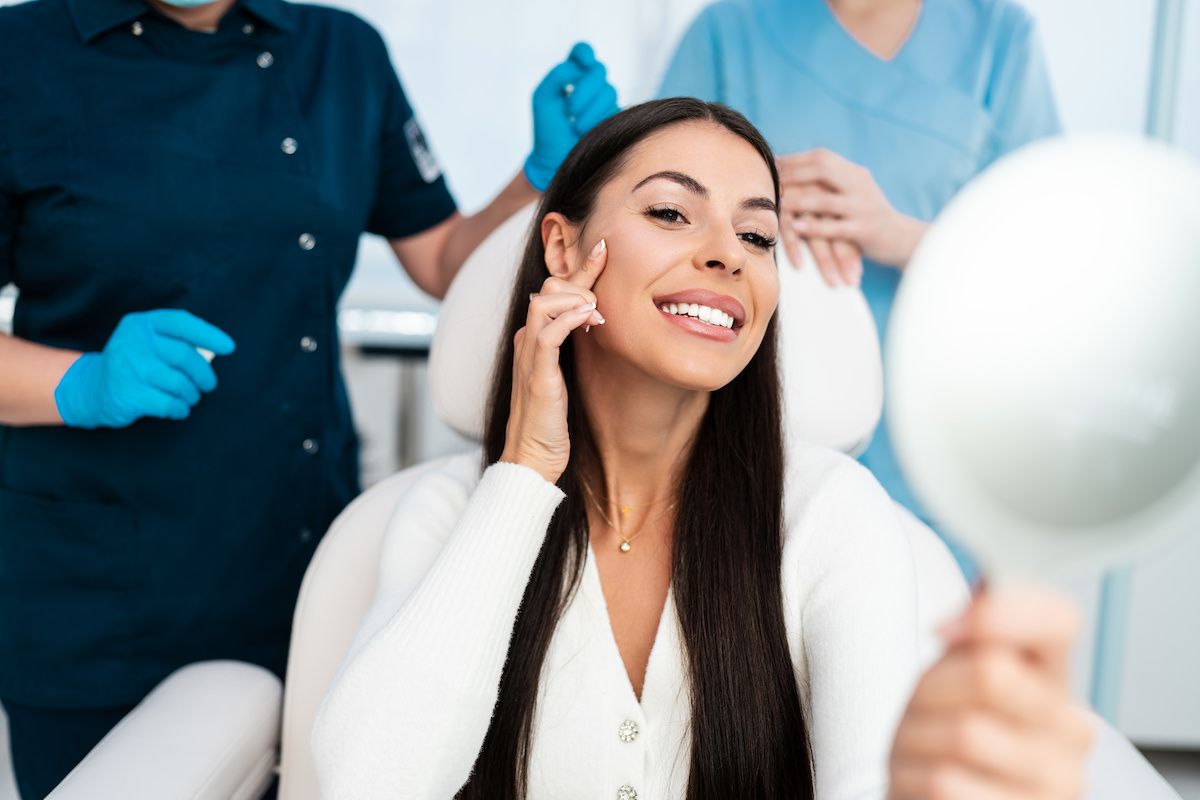How to Get Over Your Fear of Needles
Hardly anyone loves getting a shot. For many, it’s simply a part of life; sometimes, you’ve just gotta get pricked. For others, however, needles can be terrifying. High blood pressure, gut-wrenching anxiety, dizziness and even fainting are all possible signs of distress in someone with trypanophobia—the fear of needles.
It’s a real fear, and overcoming it is easier said than done. Depending upon your medical needs, getting poked could be a way of life so it’s important to reduce the mental burden. These days we all need a bit more peace of mind, so whether it’s the usual or only an occasion let’s discover what it takes to lessen your stress around needles.
As a mobile drip spa, we administer thousands of IV drips to patients across Houston and can certainly give you some tips on overcoming your needle phobia—for good!

WHAT CAUSES SOMEONE TO BECOME AFRAID OF NEEDLES?
You can develop a fear of all things injectable for many reasons, most of which fall into either of these two camps: psychological (mental) or physiological (physical).
If a nurse or phlebotomist has ever told you that you’ve got “rolling” or “slippery” veins, then you know all too well why it’s easy to dread the poke. Sometimes, nurses just can’t pin down those elusive veins, so they have to prod a few times to locate one. You might’ve even had a phlebotomist give up on your arm and just go for the wrist. Multiple pricks to no avail would get annoying after a while.
Another popular theory has to do with ancient survival adaptations. Long before antibiotics came around, our ancestors knew that a dirty prick, however small, could prove deadly. Even the tiniest cut or abrasion left unwashed would let in germs, leading to infection and death. Thus, researchers postulate that a fear of needles may simply be ingrained in our DNA.
It can also be that getting poked with needles just hurts a little. Luckily, we’ve got a remedy for that below.
Psychologically, several causes can be working at once. Many believe that a fear of needles stems from the “trauma” of childhood vaccinations. Anxiety and other disorders like hypochondria might also play a role in your symptoms.
Whatever the cause, we believe you can overcome it. But the question remains: how?
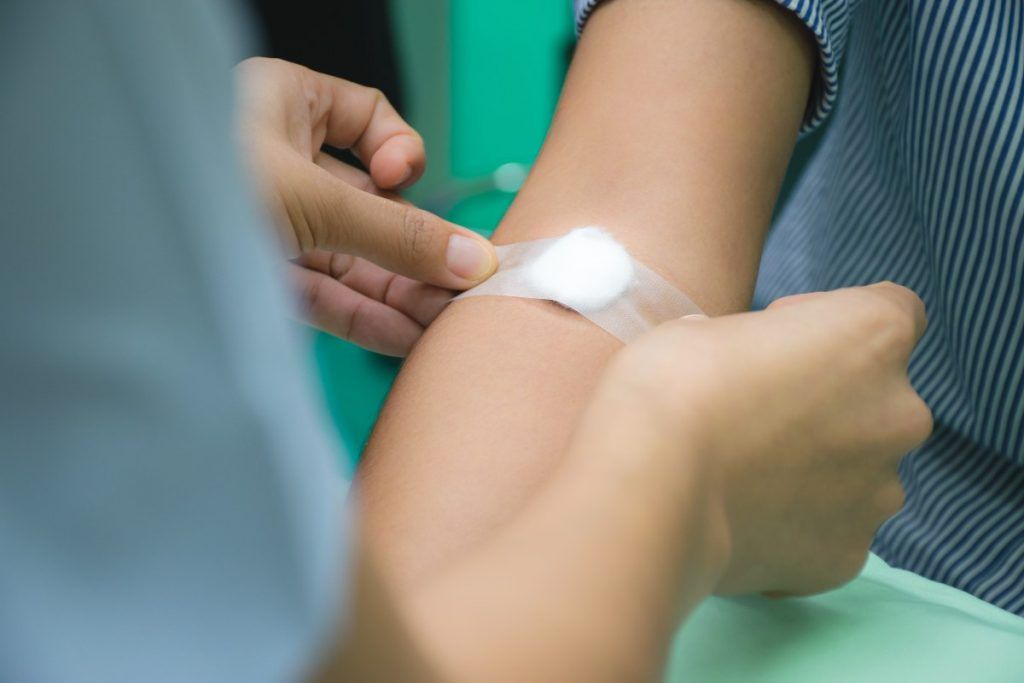
6 HELPFUL TIPS FOR OVERCOMING YOUR NEEDLE PHOBIA
1. Talk to Your Nurse or Phlebotomist
These medical professionals are trained at calming down tense or anxious patients. We have several strategies up our scrubs—from breathing techniques and songs to distractions and medication—to help you feel comfortable and less stressed when the rubber meets the road.
2. Consider a Topical Anesthetic
Although a needle can be unpleasant, it’s the initial poke that most people fear. At Bounce Hydration, we use a numbing spray to make sure you are as comfortable as possible.
3. Try Different Breathing Techniques
You’d be surprised at how focusing on your breath going in and out can calm you. Before your shot or IV, take a few slow deep breaths. Close your eyes, focus on your breathing and tune out the rest. After a few breaths, you’ll be calmer. It may sound a little bogus, but trust us; it works! Try it now for yourself.
4. Refrain from Looking
Even people who aren’t afraid of needles do this. Sometimes, seeing even a little blood makes us squeamish. Try looking away or closing your eyes while practicing breathing techniques. And if you combine those with the topical cream, it will be over before you know it. You probably won’t even notice what’s happening until after it’s over!
5. Therapy
Sometimes, those previous four steps combined aren’t enough to get past your fear. And that’s OK! You have many resources available to help you overcome your fear and get to the root cause of what’s ailing you, including cognitive behavior therapy.
6. Just Do It
Then again, you might need to face your fear head-on. This is what’s known as exposure therapy: instead of avoiding your fear and getting in your head, you face it in a safe environment, such as a doctor’s office or with a registered nurse. However, this is not a procedure you should try at home, as you could poke yourself and get an infection.
At Bounce Hydration, we only have registered nurses administering sterile needles to our clients, so we’d be happy to help you face your fear with one of our IV drips. After we insert the hypodermic needle, we remove it. All that’s left is a little plastic tube called a catheter. Check out our page on how IV drips work to learn more.
Who knows, it just might be worth a shot!
Share with Your Friends and Family!

